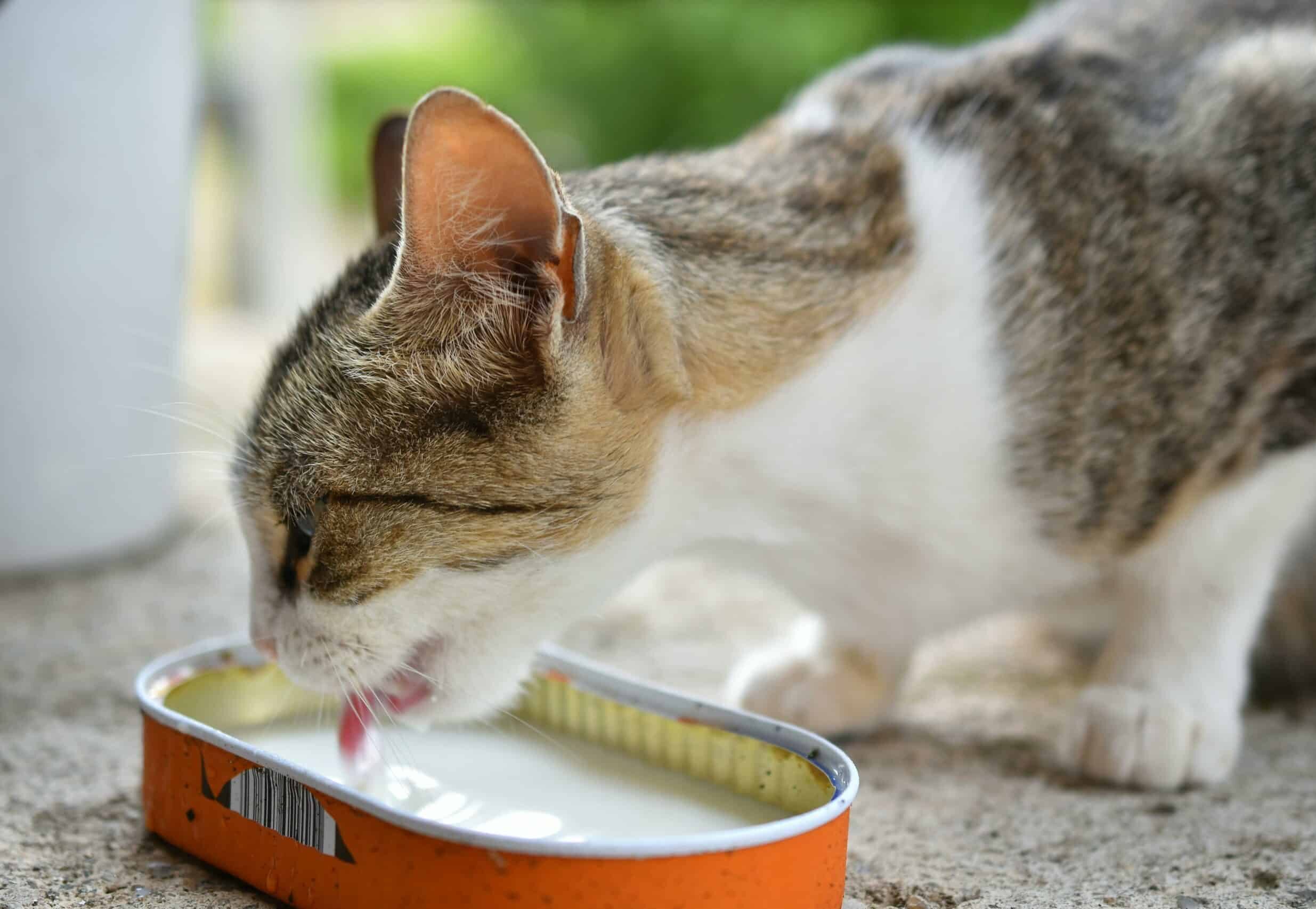
Cats and milk often go hand-in-hand in popular culture, but is it actually safe for your feline friend? Can cats drink milk? This age-old question has intrigued pet owners, but the answer isn’t as straightforward as you might think. While your cat may enjoy the creamy taste, milk might not be the healthiest choice. Let’s explore why.
Is Milk Safe for Cats?
Many people assume that milk is a natural and healthy treat for cats, especially since kittens drink their mother’s milk. However, adult cats often lack the enzyme lactase, which is essential for digesting lactose, the sugar found in milk. Without sufficient lactase, consuming milk can lead to digestive upset, including diarrhea, bloating, and gas.
Why Are Kittens Different?
Kittens are born with the ability to digest their mother’s milk. However, as they grow and transition to solid food, their bodies produce less lactase. This change makes it harder for them to process milk from other animals, such as cows or goats, once they’re weaned.
Can Cats Drink Lactose-Free Milk?
If your cat enjoys milk, you may wonder if lactose-free options are a safer alternative. Lactose-free milk removes the problematic sugar, making it easier for some cats to digest. However, even lactose-free milk should be offered in moderation. It’s not nutritionally complete and may not provide significant benefits for your cat’s diet.
Health Risks of Giving Milk to Cats
While an occasional lick of milk might not harm your cat, offering it regularly can cause problems. Below are some common health issues associated with milk consumption in cats:
1. Digestive Upset
Most adult cats are lactose intolerant, leading to symptoms like diarrhea, vomiting, and stomach pain after consuming milk.
2. Obesity Risks
Milk is calorie-dense due to its fat content. If offered frequently, it can contribute to weight gain and obesity, particularly in indoor cats with lower activity levels.
3. Unbalanced Nutrition
Milk lacks the essential nutrients that cats need. Relying on it as a treat or meal supplement could lead to deficiencies. Cats are obligate carnivores, meaning they require a meat-based diet for optimal health.
What About Milk Alternatives for Cats?
Pet food companies have developed cat-safe milk alternatives specifically designed for feline digestive systems. These products are typically lactose-free and formulated to provide a small nutritional benefit.
Can You Offer Goat Milk to Cats?
Some pet owners swear by goat milk, claiming it’s easier to digest than cow’s milk. While it contains less lactose, goat milk still carries the risk of causing digestive issues. Always consult your veterinarian before introducing any new food or drink to your cat’s diet.
Are There Any Benefits to Giving Cats Milk?
Milk is not inherently beneficial for cats. However, for cats that tolerate lactose-free milk, the experience of lapping up a creamy treat can be enjoyable. If you want to bond with your pet or provide a special snack, there are safer and healthier options, like cat treats or small portions of cooked fish.
How to Safely Treat Your Cat
If you want to treat your cat, consider the following alternatives:
- Cat Grass: Encourages natural chewing behavior and aids digestion.
- Cat-Safe Broth: A low-sodium chicken or fish broth can be hydrating and delicious.
- Freeze-Dried Meat Treats: High in protein and supports your cat’s carnivorous nature.
What Do Veterinarians Recommend?
Veterinarians generally advise against offering milk to cats. If your cat is curious about milk, consult your vet for advice. They can help you identify safe options or suggest suitable alternatives.
Conclusion: Should Cats Drink Milk?
Can cats drink milk? The answer depends on the type of milk and your cat’s tolerance. Most adult cats are lactose intolerant, making regular milk a poor choice. If you decide to give your cat lactose-free milk or a cat-safe alternative, do so sparingly and under veterinary guidance.
Ultimately, water remains the best and healthiest drink for cats. By understanding your cat’s dietary needs, you can make informed decisions that ensure their long-term health and happiness.
References:
- Are cats lactose intolerant? – Cats Protection
- Raising Kittens – VCA Animal Hospitals
- Feeding Your Cat – Cornell Feline Health Center
- Can Cats Drink Milk? – PetMD
- Food Intolerance in Cats – VCA Animal Hospitals
- Can Cats Drink Goat Milk? Vet-Reviewed Facts & FAQs – Catster
Share this:
- Click to share on WhatsApp (Opens in new window) WhatsApp
- Click to share on Facebook (Opens in new window) Facebook
- Click to share on LinkedIn (Opens in new window) LinkedIn
- Click to share on Pinterest (Opens in new window) Pinterest
- Click to share on Tumblr (Opens in new window) Tumblr
- Click to share on X (Opens in new window) X
- Click to share on Reddit (Opens in new window) Reddit
- Click to share on Telegram (Opens in new window) Telegram
- Click to email a link to a friend (Opens in new window) Email
- Click to print (Opens in new window) Print































